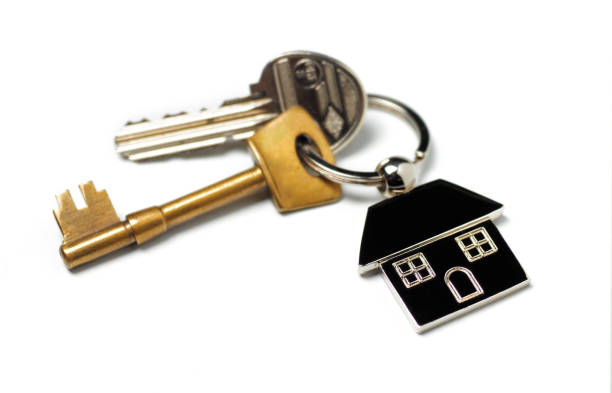There are several factors to consider to ensure a successful purchase.
Here are some basic pieces of advice:
- Determine your purpose: Clarify the purpose of buying a home away from home. Will it be a vacation retreat, an investment property, or a place for future retirement? Understanding your purpose will help guide your decision-making process.
- Location: Choose a location that suits your needs and preferences. Consider factors such as climate, proximity to amenities and attractions, safety, and accessibility. Research the area thoroughly and visit it in person before making a decision.
- Budget: Set a realistic budget for your second home, considering not only the purchase price but also ongoing expenses like property taxes, maintenance, insurance, and utilities. Ensure that you can comfortably afford these costs along with your primary residence.
- Financing options: Explore your financing options for buying a second home. Some lenders offer specific loan programs for vacation homes or investment properties. Consult with a mortgage professional to determine the best financing solution for your situation.
- Rental potential: If you plan to rent out your second home, assess the rental potential of the area. Research local rental rates, occupancy rates, and any legal restrictions or requirements for short-term rentals. This will help you determine the potential income you can generate from the property.
- Property management: Consider how you will manage the property when you’re not there. Hiring a property management company can help handle tasks like maintenance, cleaning, and guest communication if you decide to rent it out. Calculate the associated costs and factor them into your budget.
- Resale value: Even if you don’t plan to sell the property immediately, it’s essential to consider its resale value. Look for an area with strong real estate market fundamentals and the potential for appreciation over time. This ensures that you can recoup your investment if you decide to sell in the future.
- Local regulations and restrictions: Understand any local regulations or restrictions that may affect your second home. Some areas have zoning laws, HOA rules, or vacation rental regulations that can impact how you use or rent out the property. Ensure compliance with these regulations to avoid any legal issues. HOA stands for Homeowners Association. An HOA is a non-profit organization made up of volunteers and a governing body that makes and enforces rules for a subdivision of homes, condominium complex, or planned unit development.
- Insurance: Obtain adequate insurance coverage for your second home. Consult with an insurance agent who specializes in vacation homes or non-primary residences to ensure you have the right coverage for your needs. Consider factors like property damage, liability protection, and coverage for rental activities.
- Seek professional advice: Buying a home away from home can be complex, especially if it’s in a different location. Consider working with a local real estate agent who has expertise in the area. They can guide you through the process, provide market insights, and help you find the right property.
Remember to conduct thorough research, carefully assess your financial situation, and weigh the pros and cons before making a decision. Buying a home away from home can be an exciting and rewarding experience when done thoughtfully and with proper planning. If you are considering to purchase a second home away from home, click on www.seaportcredit.ca, is the best option to finance.

